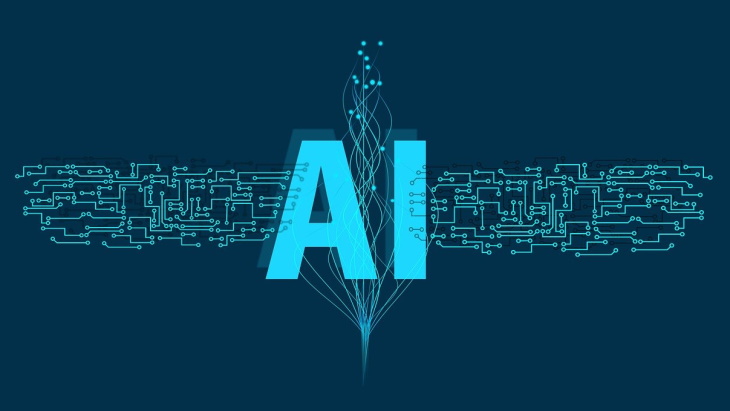"AI could benefit nuclear safety, security and safeguards in a variety of ways," they say. "These include the analysis of large volumes of data to better manage risks and improve efficiency, and accomplishing tasks in hazardous areas to decrease the risk to workers and potentially reduce error.
"AI could also be dynamically retrained to benefit from new information and experience so it can rapidly improve moving forwards."
The UK's Office for Nuclear Regulation (ONR), the US Nuclear Regulatory Commission (NRC) and the Canadian Nuclear Safety Commission (CNSC) have published a new trilateral paper - entitled Considerations for developing artificial intelligence systems in nuclear applications - which describes principles that all participants in the AI lifecycle should consider, including developers, licensees and regulators. It marks the first time international regulators have collaborated to produce principles addressing AI in the nuclear sector.
The paper covers topics such as: common areas of focus for regulators when approaching AI; understanding how to manage systems based on the consequences of AI failure and the level of AI autonomy; the importance of human and organisational factors in the use of AI; integrating AI into existing nuclear systems; managing the AI lifecycle from design to deployment; and considerations for safety cases for AI in nuclear applications.
"The nuclear industry benefits from decades of operational experience, mature and rigorous design and operation protocols, and a strong safety and security culture," the paper says. "The rapid pace of recent AI development is somewhat antithetical to the slow and methodical change process that the nuclear industry traditionally follows. Nevertheless, the primary goal for the nuclear industry and regulators with respect to AI systems will be maintaining adequate safety and security while benefiting from their deployment."
Among its conclusions, the paper states: "The fast pace of AI development means it is unlikely that AI-specific consensus standards for the nuclear domain will be available to support regulatory activities within the near future. In the interim, existing nuclear-specific standards remain a starting point coupled with considering the unique attributes introduced by AI."
The regulators conclude: "While there are hurdles to consider to successfully deploy AI, there are also potentially significant benefits to using AI. If effectively managed, negative consequences could be avoided or mitigated for many applications.
"This document recognises this position and describes features the Canadian, UK, and US nuclear regulators consider important in managing risks arising from the use of AI."
ONR Technical Director Shane Turner said: "This significant collaboration between CNSC, NRC and ONR will support the wider international nuclear community to understand what is important when considering the application of AI.
"ONR is open to innovation and is committed to enabling the safe and secure deployment of AI and other innovative technologies within the nuclear sector."















